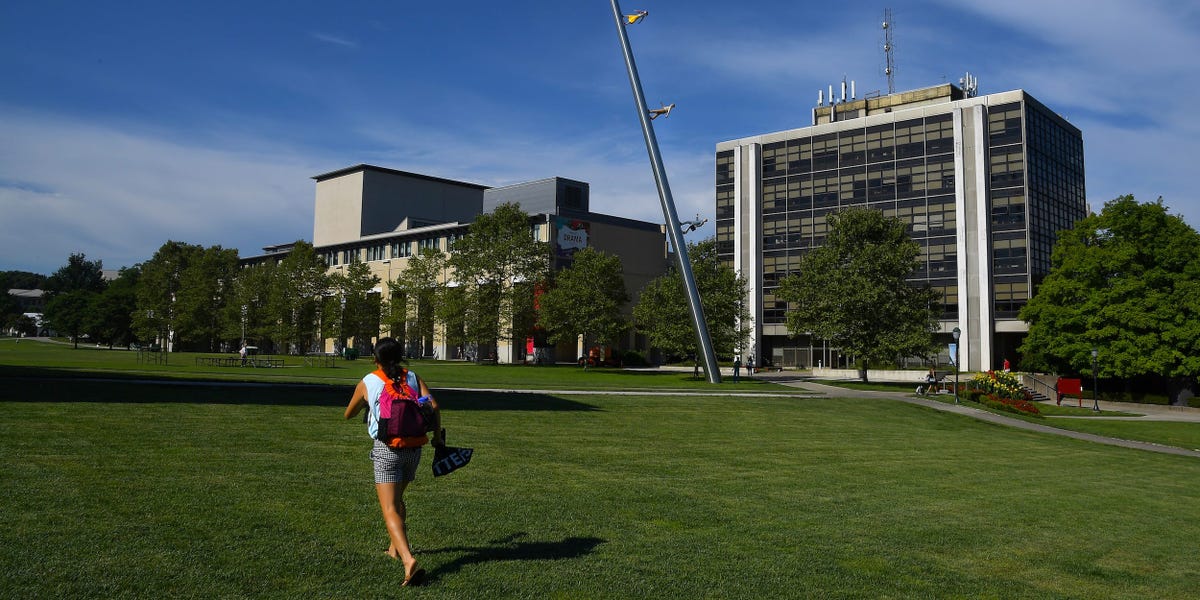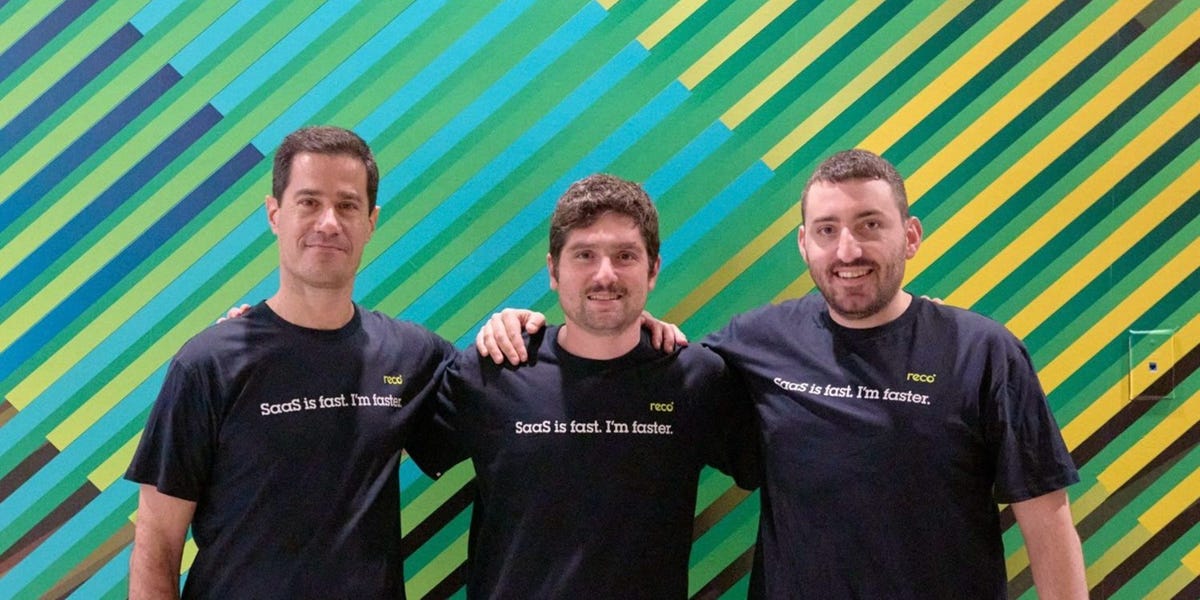From Stethoscopes to Algorithms: How AI is Reshaping Unexpected Careers

Breaking Barriers: How AI Education is Welcoming Students from All Backgrounds
The world of artificial intelligence is no longer exclusive to traditional computer science and engineering students. In recent years, there's been a remarkable shift as AI courses increasingly attract learners from diverse academic backgrounds, challenging the long-held perception that technology is only for STEM professionals.
Universities and educational institutions are responding to this growing trend by reimagining their AI curriculum. They're developing more accessible entry points, creating interdisciplinary programs, and designing courses that bridge the gap between technical skills and broader professional applications.
Key strategies include:
- Offering foundational courses with minimal technical prerequisites
- Developing project-based learning that connects AI to real-world challenges
- Providing mentorship and support for students transitioning from non-technical fields
This inclusive approach is not just expanding educational opportunities—it's enriching the AI landscape by bringing fresh perspectives, diverse problem-solving approaches, and innovative thinking from professionals across humanities, social sciences, business, and creative disciplines.
As the demand for AI talent continues to grow, these adaptive educational models are proving that technology's future is collaborative, interdisciplinary, and open to everyone.








